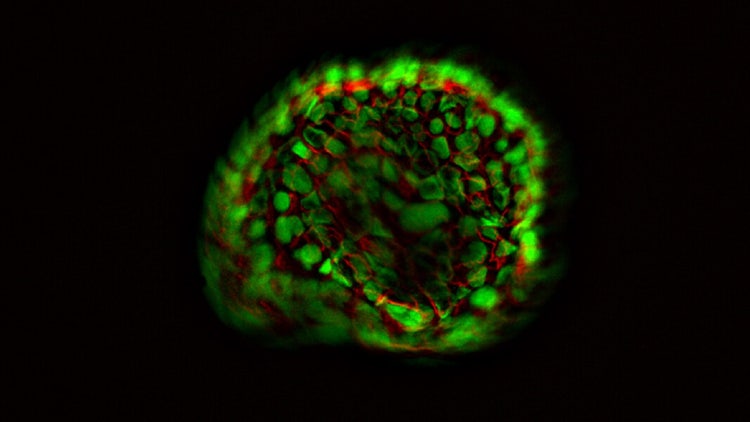Working with 3D cell cultures and organoids is complex and challenging. Differentiating stem cells into specific organ types and growing them within a scaffold to form 3D structures can result in protracted workflows with timelines spanning several months. Avoiding errors during their development requires skillful navigation across the various steps of cell culture. Monitoring multiple organoid cultures and making subjective decisions like when to split and restart nascent organoid cultures adds an additional layer of complexity to the culture process.
A lack of standardized protocols ultimately makes it difficult for researchers to demystify these complexities during 3D cell culture.
Automation can significantly enhance the consistency and quality of complex 3D cell culture by addressing the inherent challenges in the process. It reduces the risk of human error, enables continuous monitoring, and eliminates subjectivity while allowing for tailored, data-driven decision-making. Automation can help simplify the maintenance of complex biological systems by scaling up cell culture workflows to run 24*7, offering standardized protocols with real-time feedback systems, and deploying the power of AI to reliably convert data into decisions. The amount of complexity and maintenance of 3D cell cultures, including feeding, passaging, splitting and screening is a barrier to widespread adoption of human-relevant systems. The Molecular Devices CellXPress.ai Automated Cell Culture System integrates full 3D cell culture automation capability with image-based, deep-learning decision-making that lets researchers focus on other critical tasks while also ensuring the productivity of experimentation. Additionally, the system provides real-time feedback, standardized protocols, and expedited identification and evaluation of outliers.
Unlock the power of AI and automation
Automating the key stages of complex 3D cell culture processes can truly transform your drug development journey. Reach out to an expert at the Life Science companies of Danaher Corporation to leverage the full potential of automation for 3D Biology.
Simplifying Complex 3D Cell Culture Using AI
